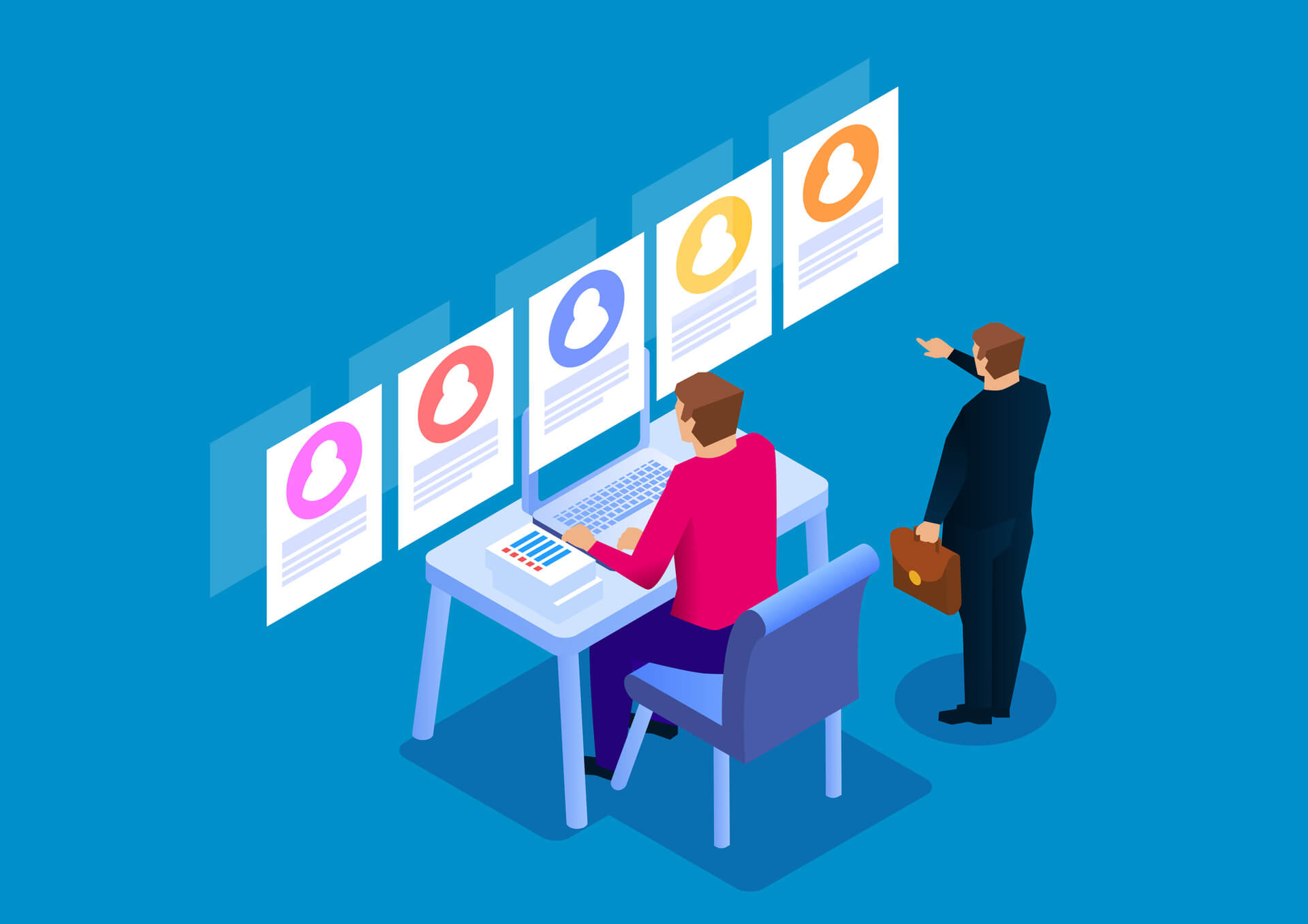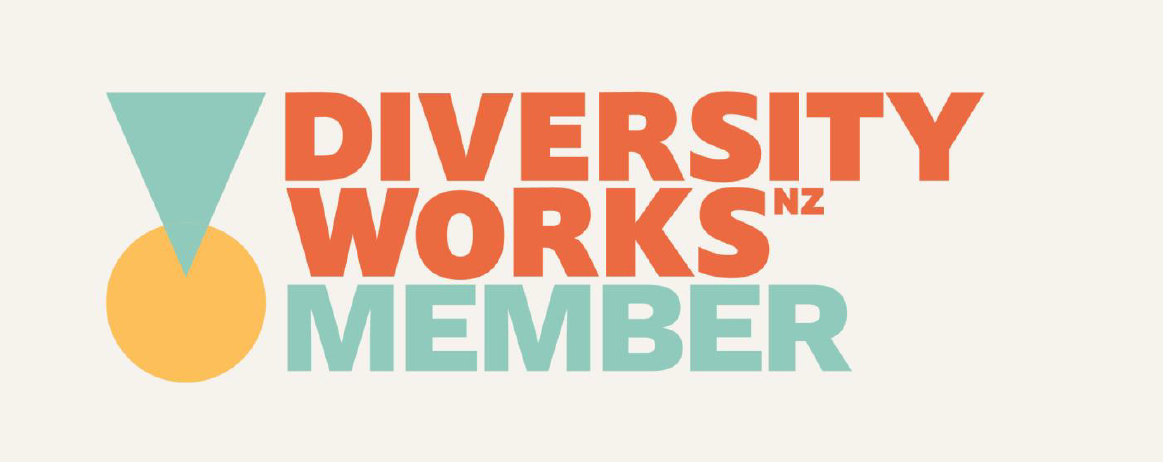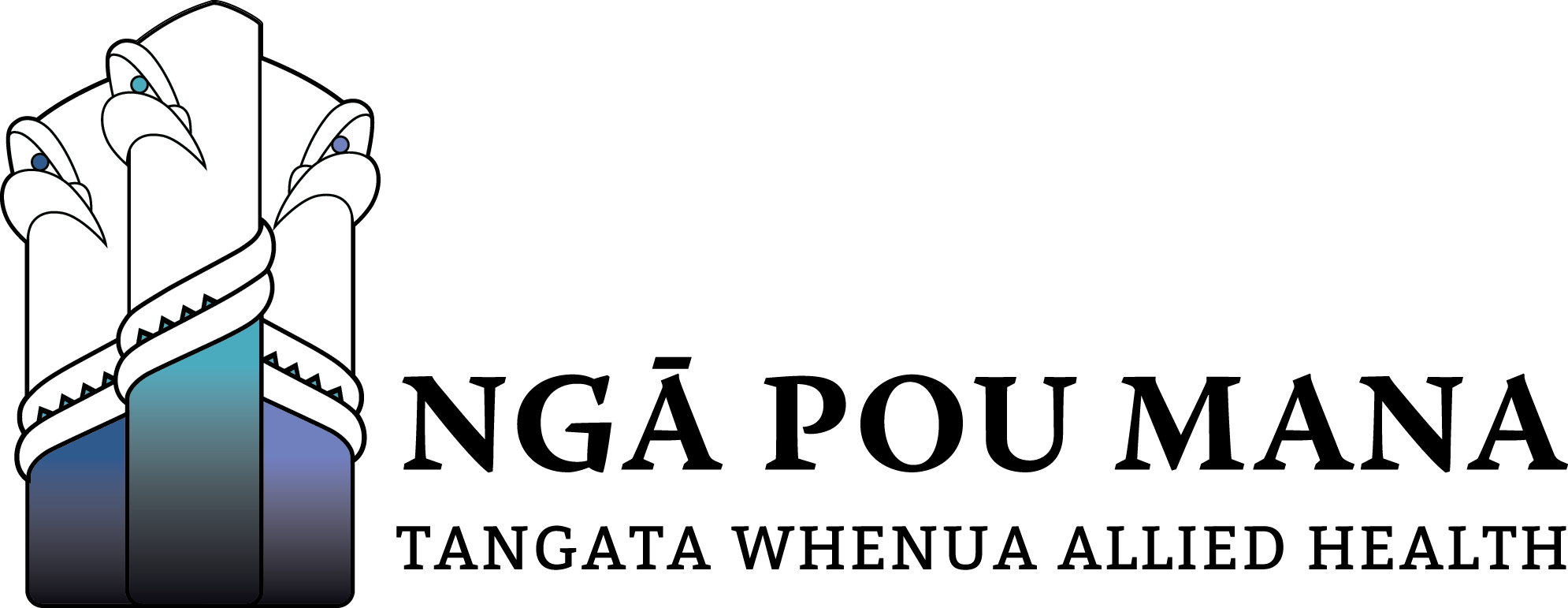In today’s world, the word ‘work’ is often associated with negative things such as stress, fatigue, burnout and finding (or lacking) work/life balance.
While work is needed to put a roof over our heads and food on the table, it is so much more than that. Work adds to our happiness, helps us build confidence and self-esteem and rewards us financially. Put simply, work is good for our health and wellbeing. This is backed up by research led by the Royal Australasian College of Physicians (RACP).
A recent UK study showed evidence that work can benefit an individual by:
- Ensuring some physical activity is undertaken on work days
- Providing a sense of community and social inclusion
- Allowing workers to feel they are making a contribution to their family and society
- Giving structure to days and weeks
- Providing financial security
- Decreasing the likelihood of people engaging in risky behaviour.
Read more about the study here.
If you are unemployed or not working due to an injury or illness, getting back to work could be more beneficial than you think. As well as the financial benefits, work keeps us busy and gives us a sense of pride and achievement.
For most people, work is an opportunity to be challenged (in a positive way) and develop new skills. Work creates connection with other people and research shows that people are generally happier and healthier when they work.
Because of the physical and mental health benefits of work, people who have suffered an injury or illness generally recover quicker (and have less long term health issues) when they return to work as soon as possible. In most cases, work is considered a therapeutic intervention, meaning it is a part of the treatment.
While there may be some limitations after an injury or illness, it’s not necessary to wait until you’re 100% recovered before you return to work. The same is true for people with disability joining the workforce – you don’t need to be able to perform all of the duties all of the time.
Everyone is capable of work
Hours, duties and workplaces can be flexible and modified to suit each individual. Not working can have a negative impact on your health and wellbeing. Unemployed people have higher rates of mental and physical health conditions and shorter life expectancy.
Work isn’t a mere necessity – it’s an essential part of life that is good for our health and wellbeing.





